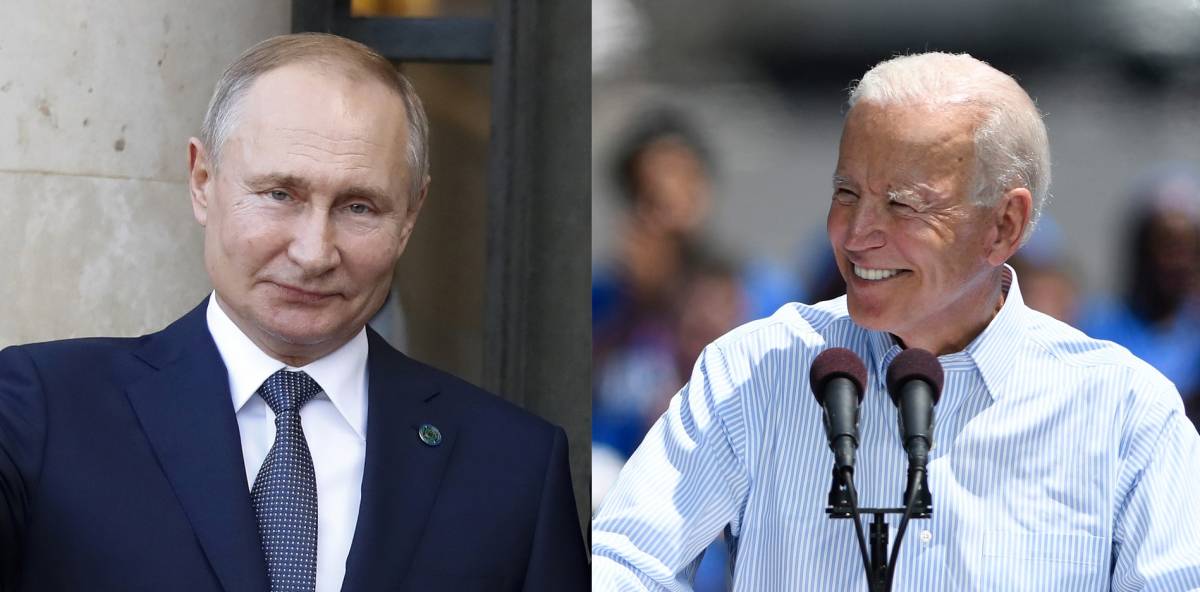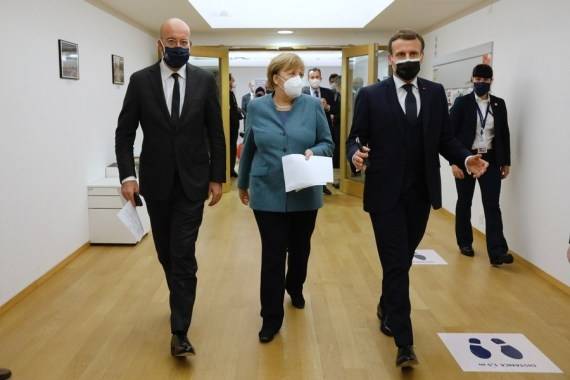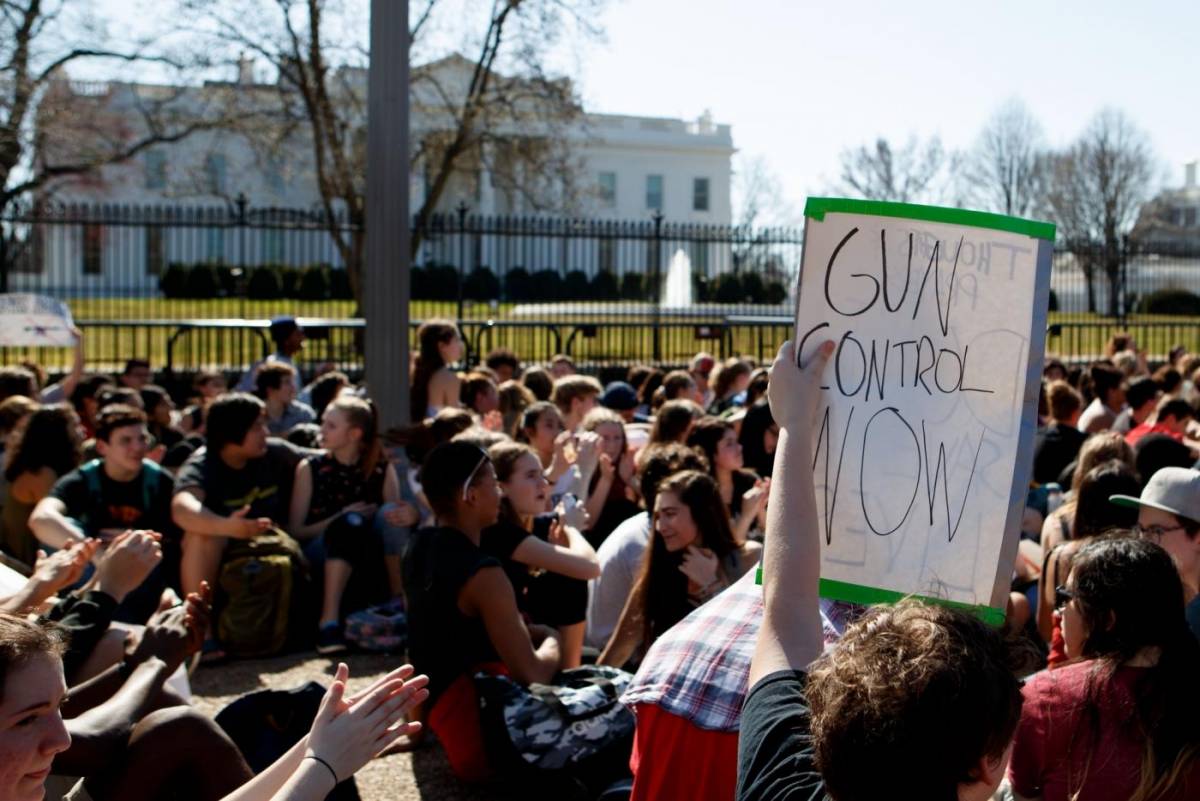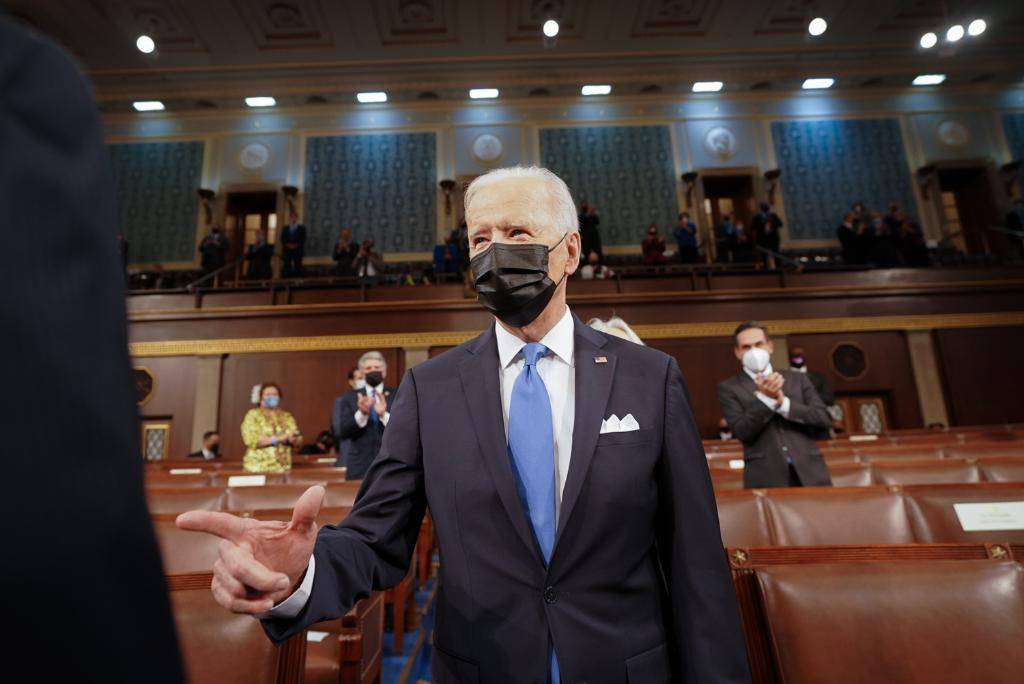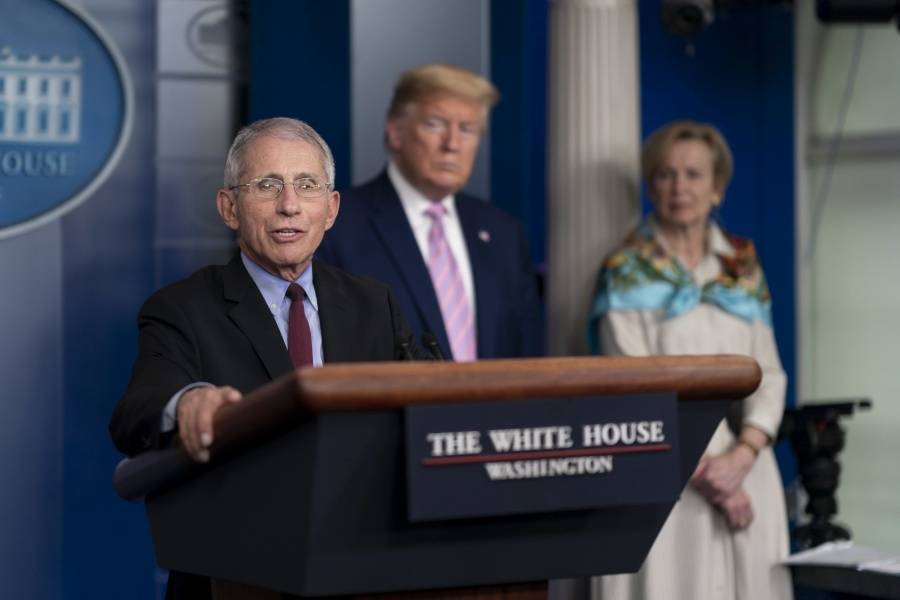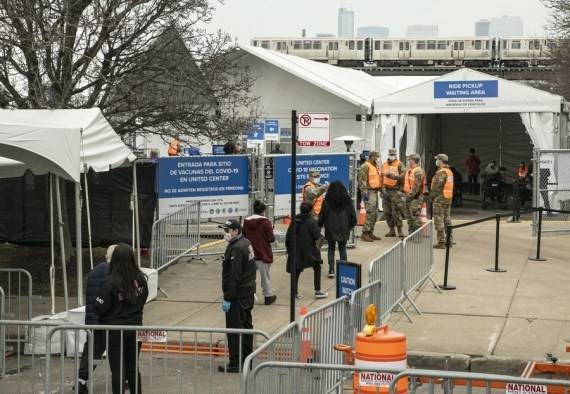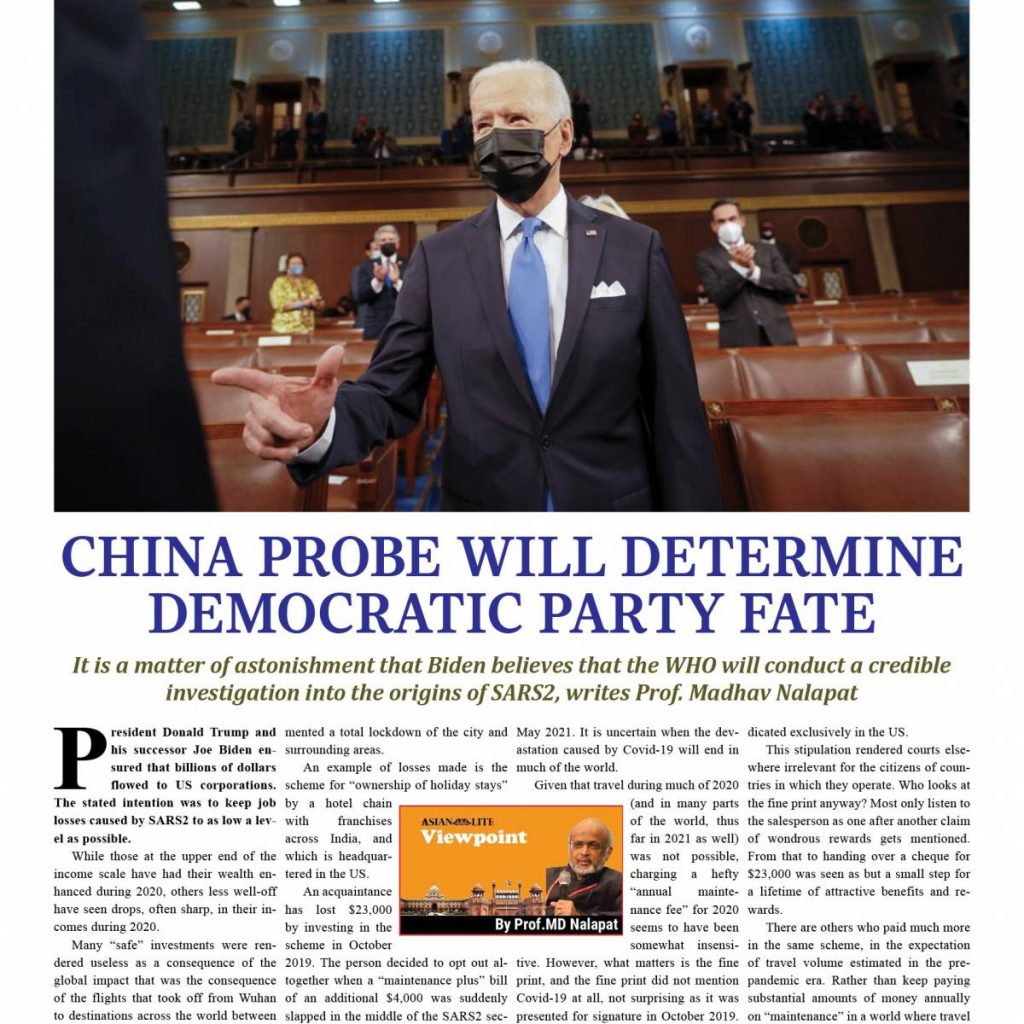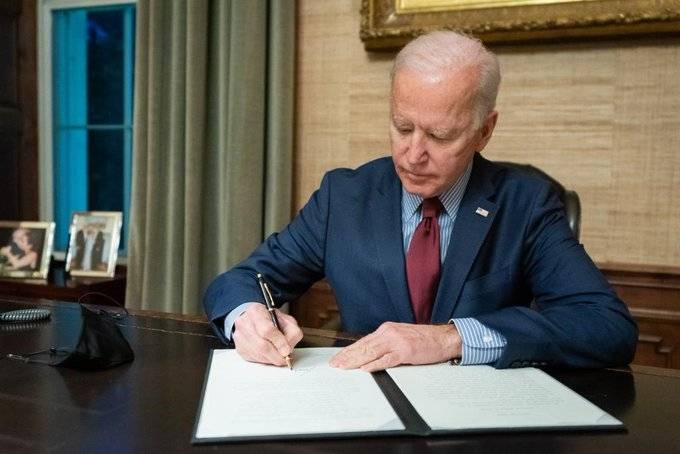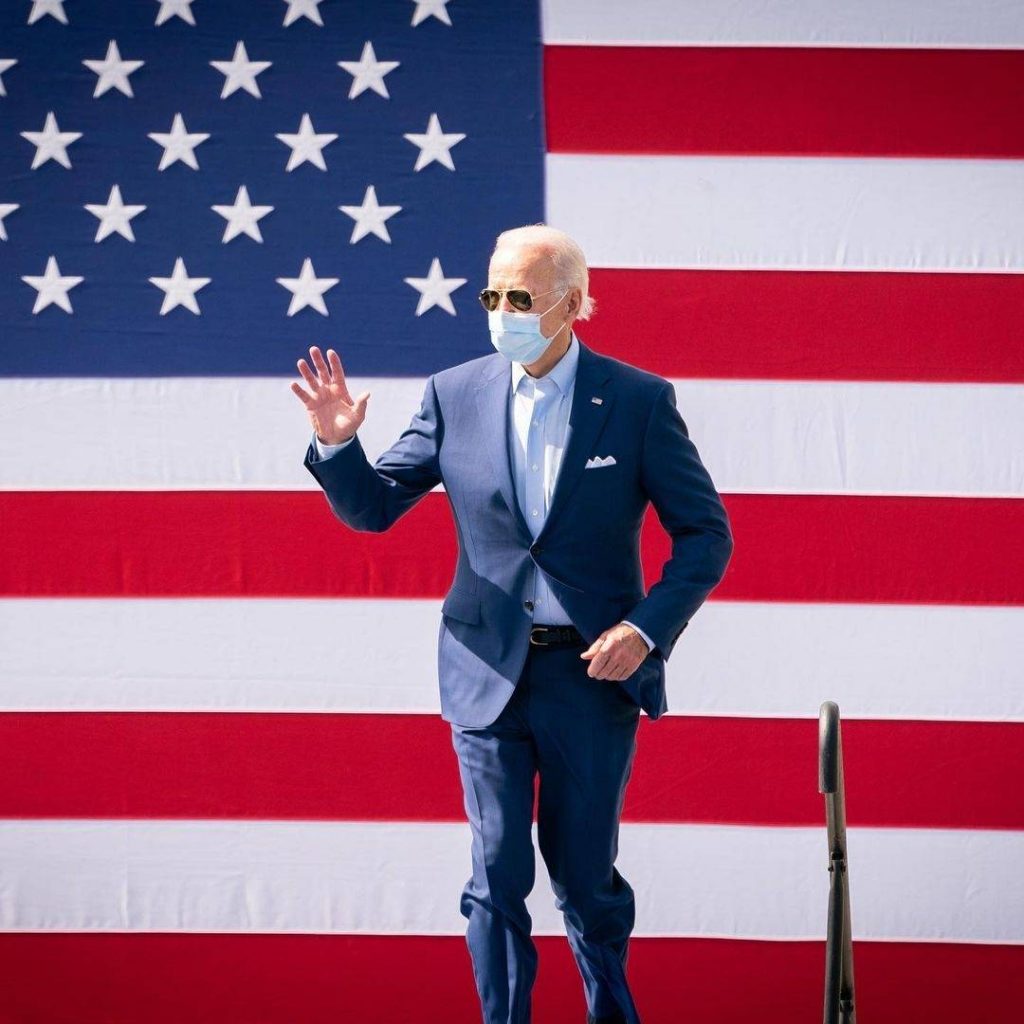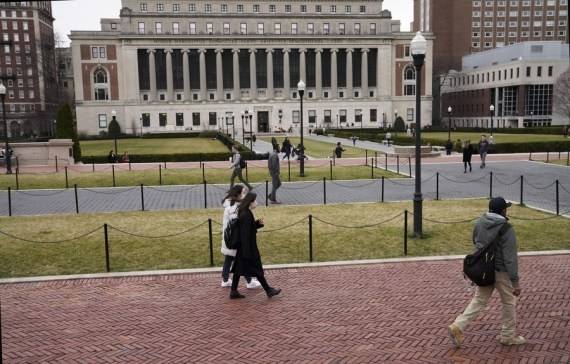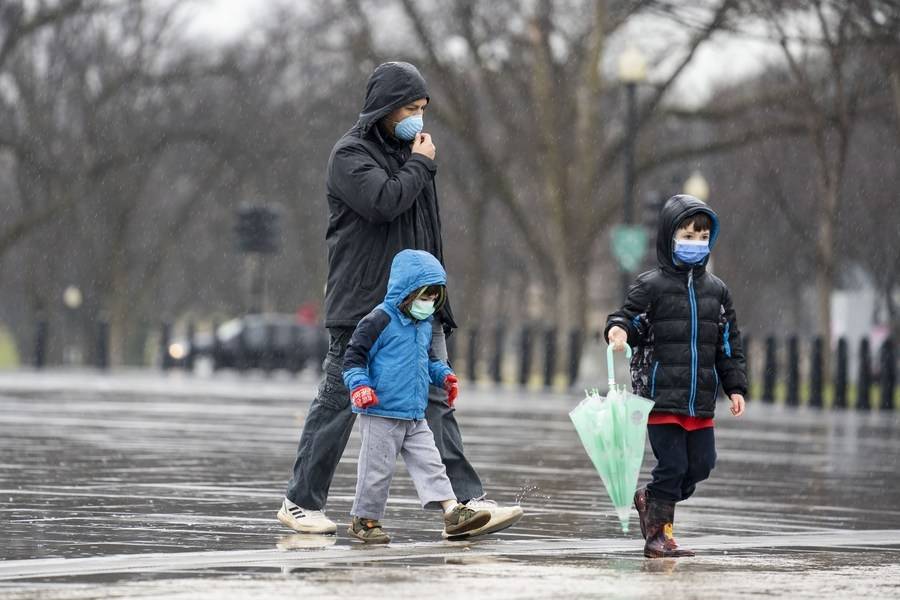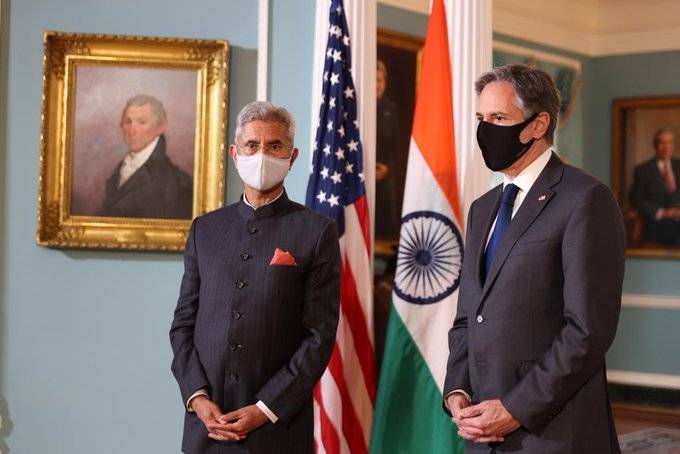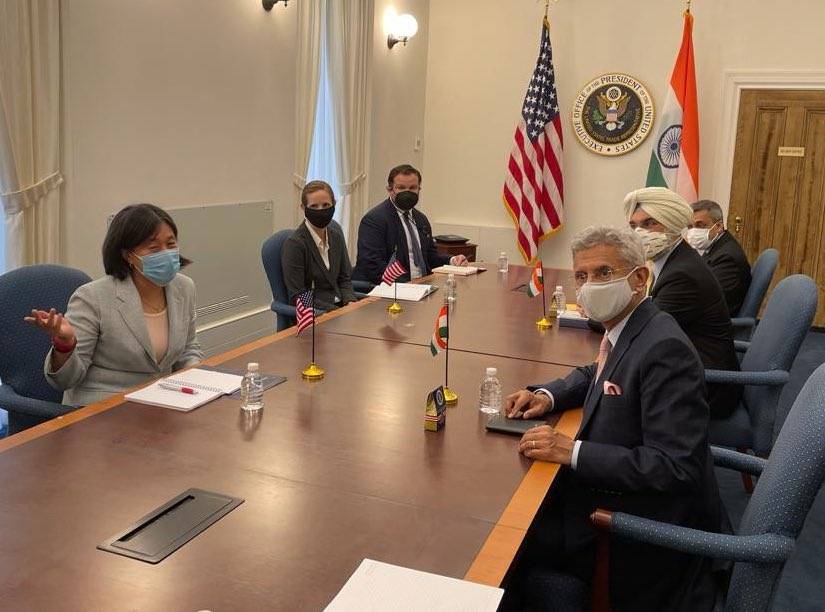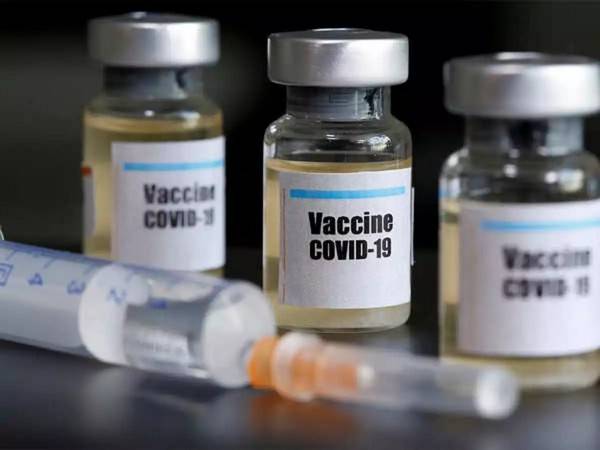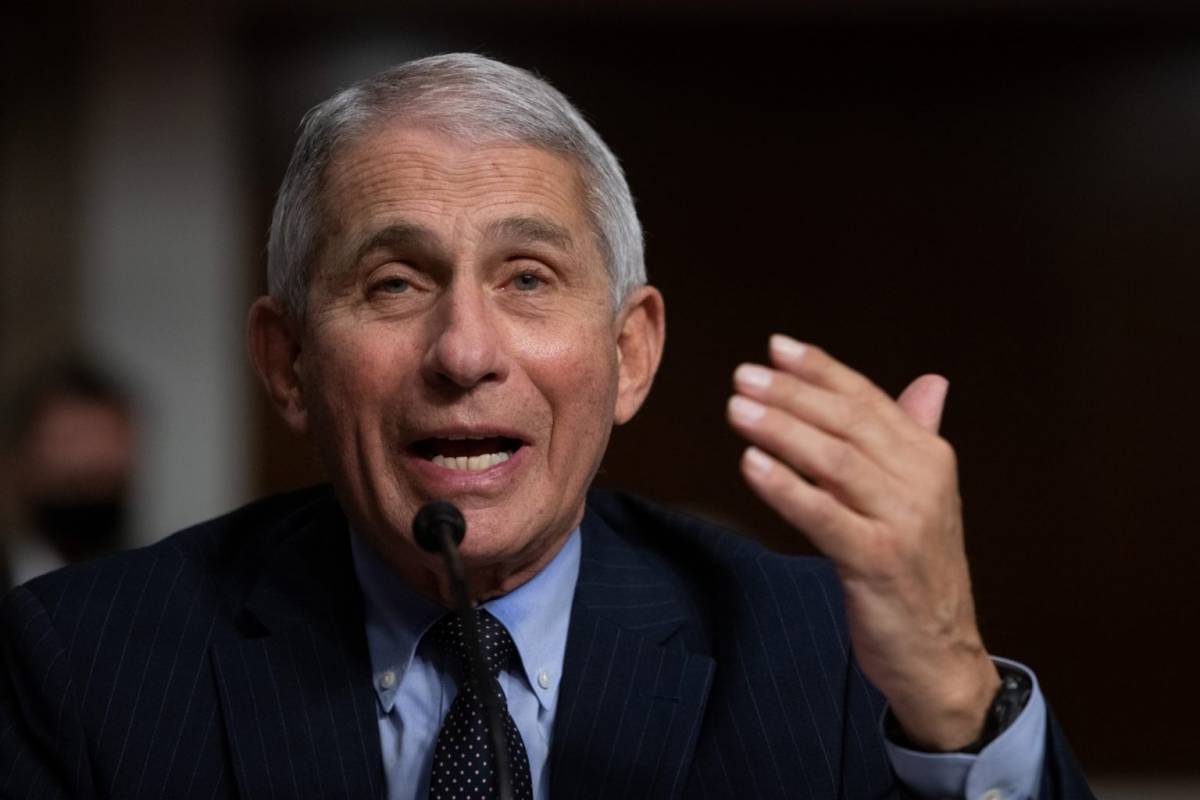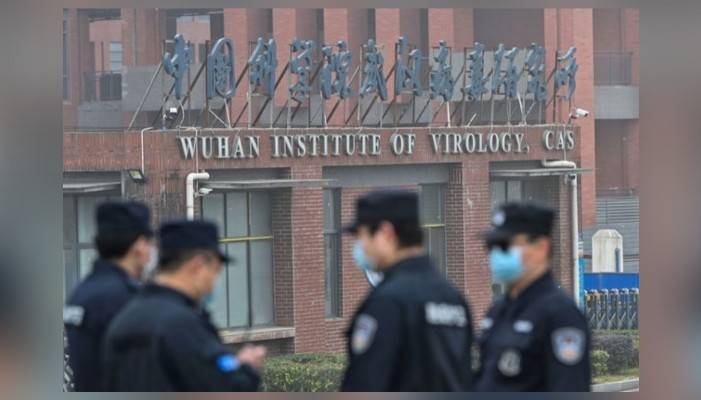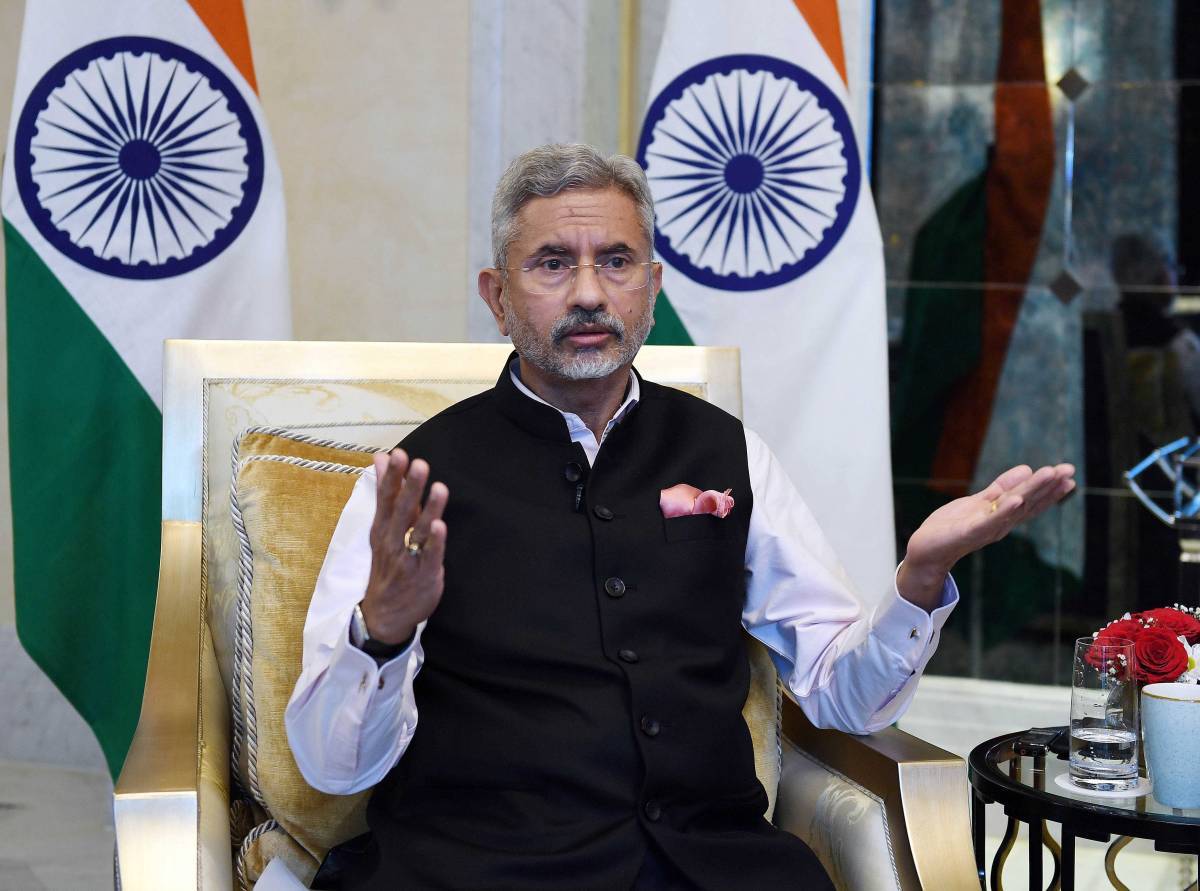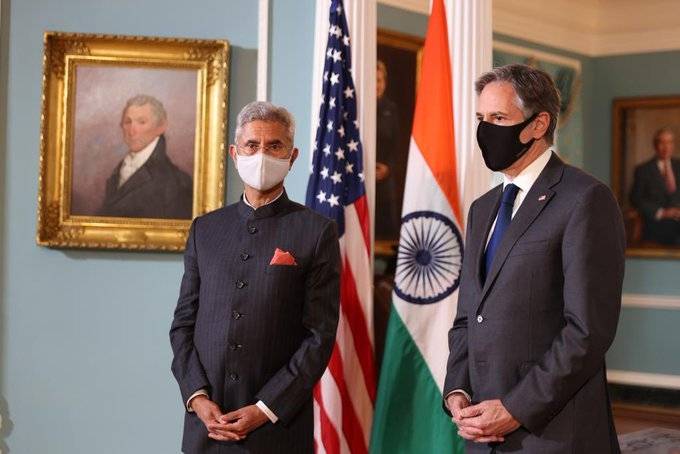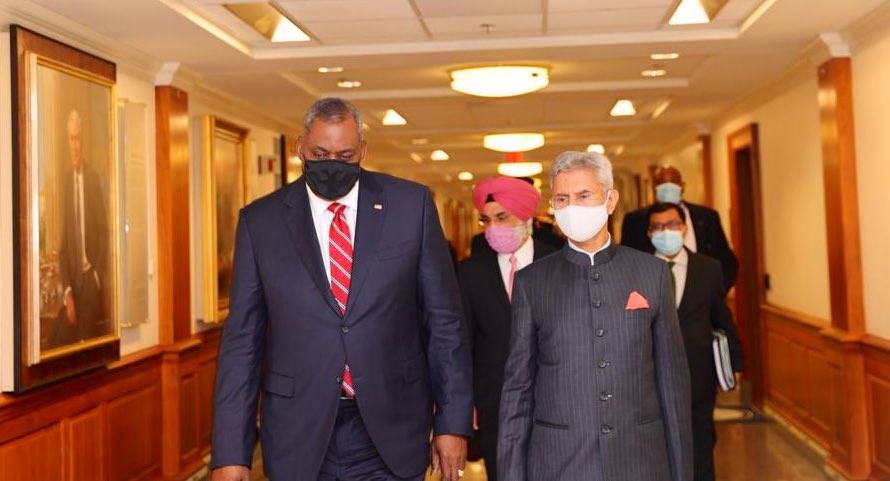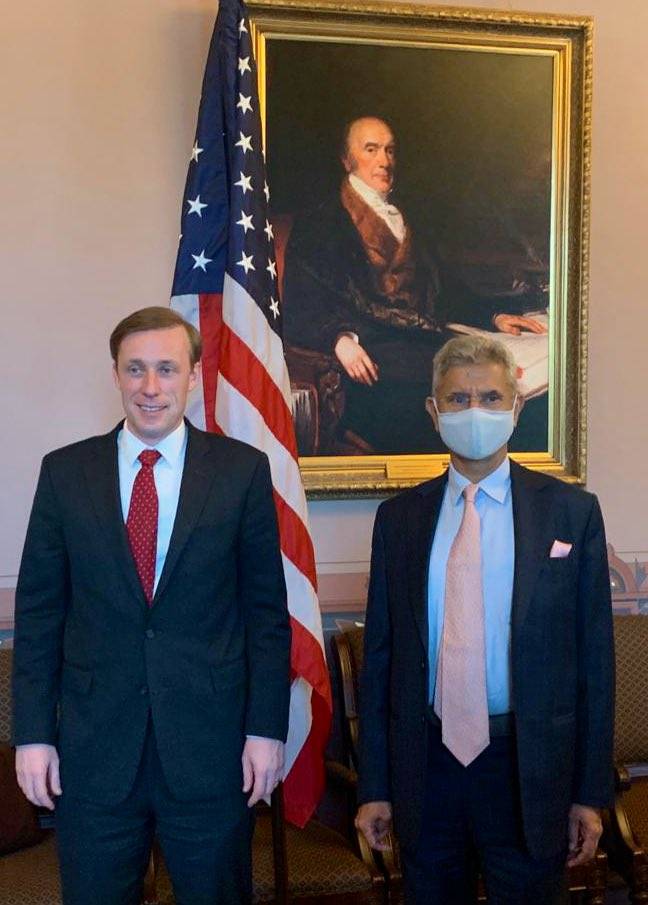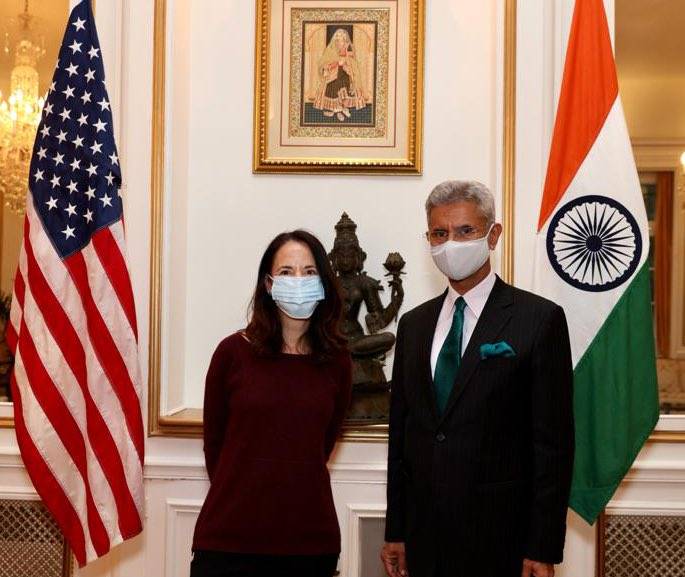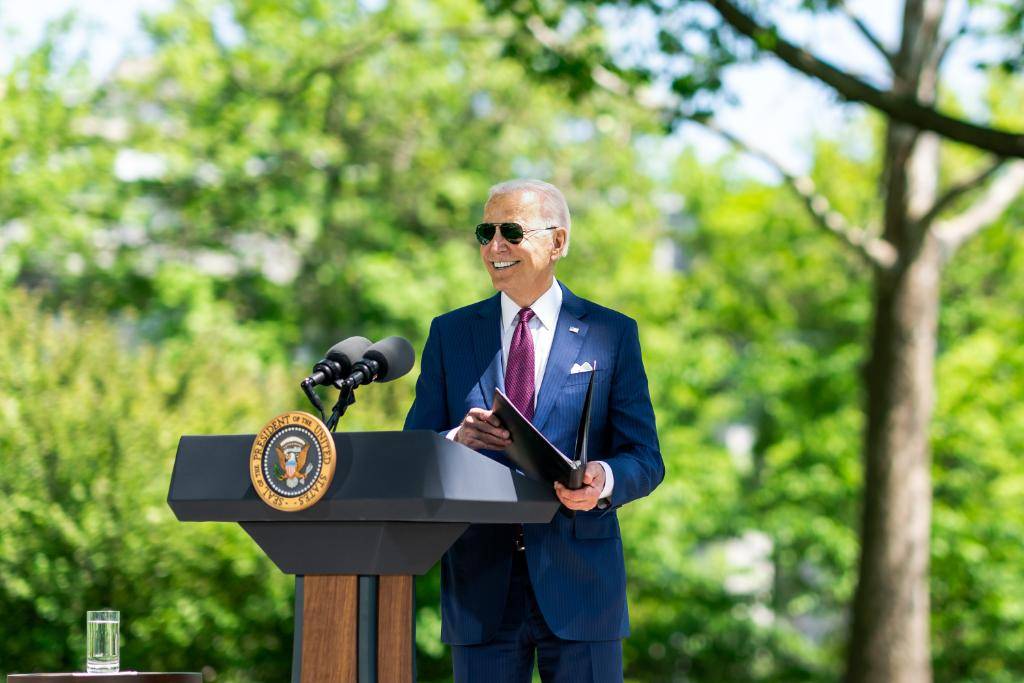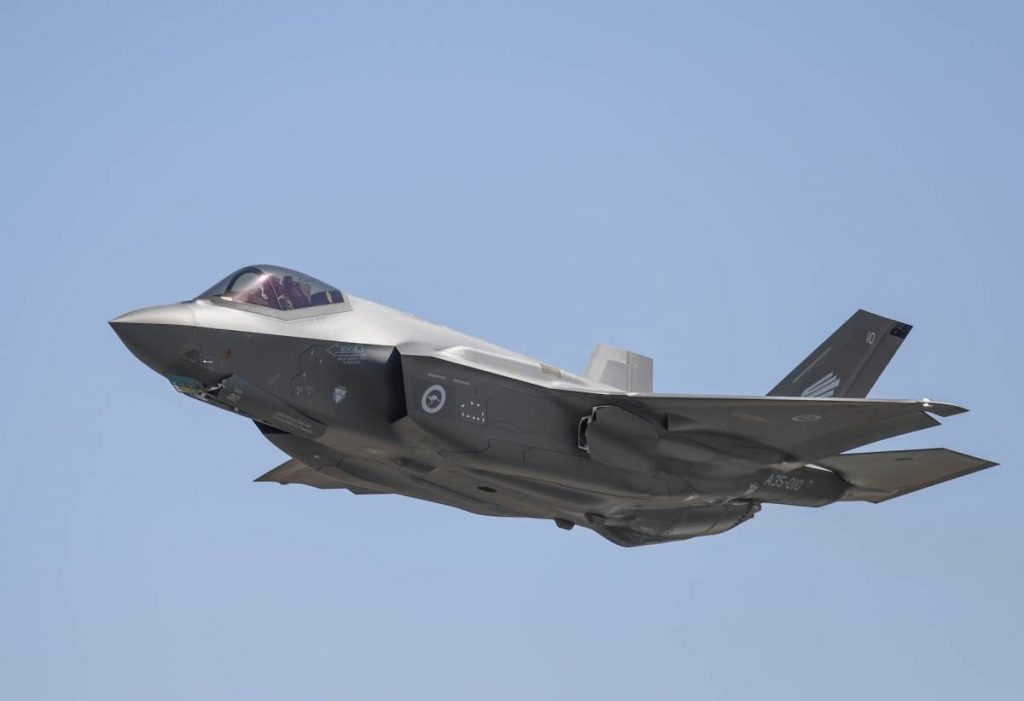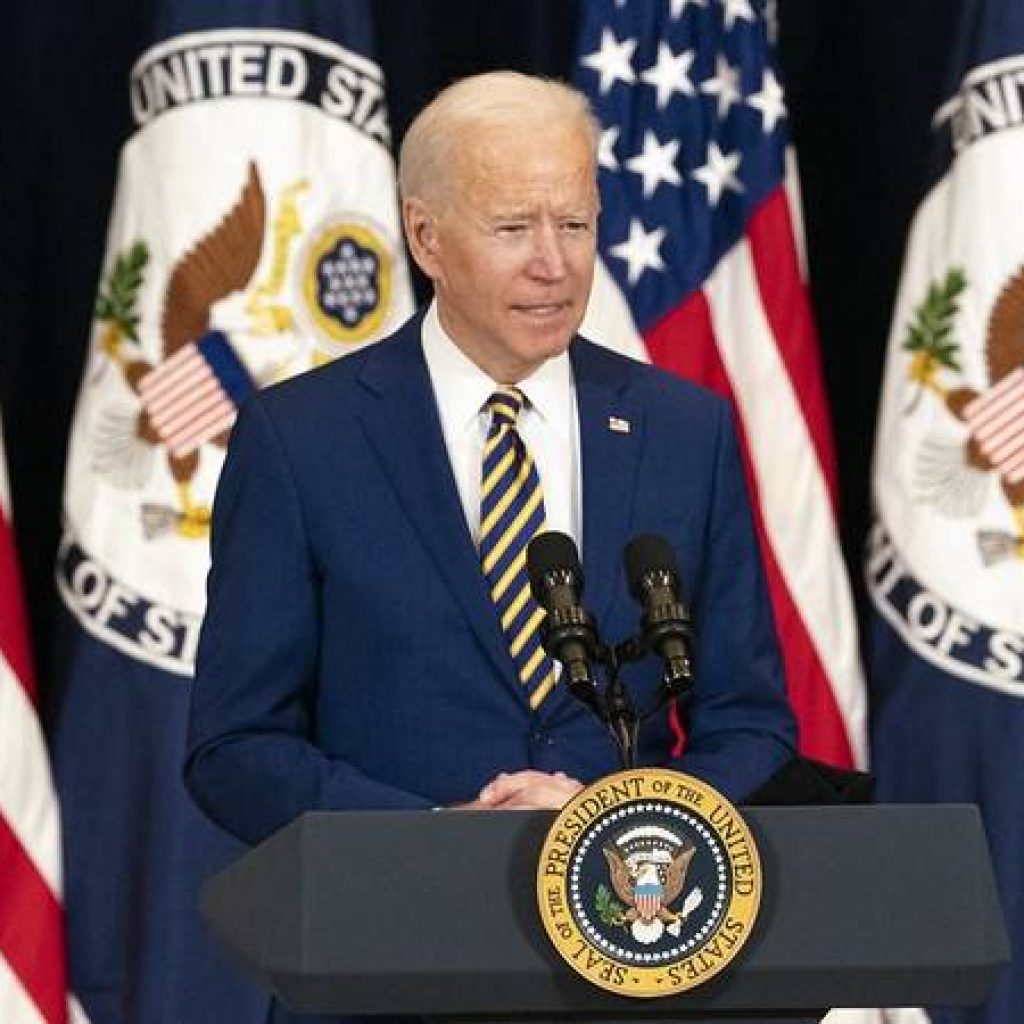Though US-Russia relations are on rough patch, the White House had confirmed that it was moving ahead with the summit between the two leaders….reports Asian Lite News
President Joe Biden will press his Russian counterpart Vladimir Putin to respect human rights when the two leaders meet on June 16 in Geneva, according to reports.
“I’m meeting with President Putin in a couple weeks in Geneva making it clear we will not, we will not stand by and let him abuse those rights,” Biden was quoted as saying during a speech honouring the US holiday Memorial Day.
Though US-Russia relations are on rough patch, the White House had confirmed that it was moving ahead with the summit between the two leaders.
Last week, Microsoft flagged a cyberattack on US government agencies by Nobelium, the group behind last year’s SolarWind hack that originated from Russia. However, Moscow said it had nothing to do with the attack.
White House Press Secretary Jen Psaki had earlier informed that Biden and Putin will discuss “the full range of pressing issues, as we seek to restore predictability and stability to the US-Russia relationship.”
Earlier this month, the White House said that President Biden believed that his meeting with his Russian counterpart Vladimir Putin will be a good step forward in the US-Russia relationship to de-escalate tensions and have stable relations.
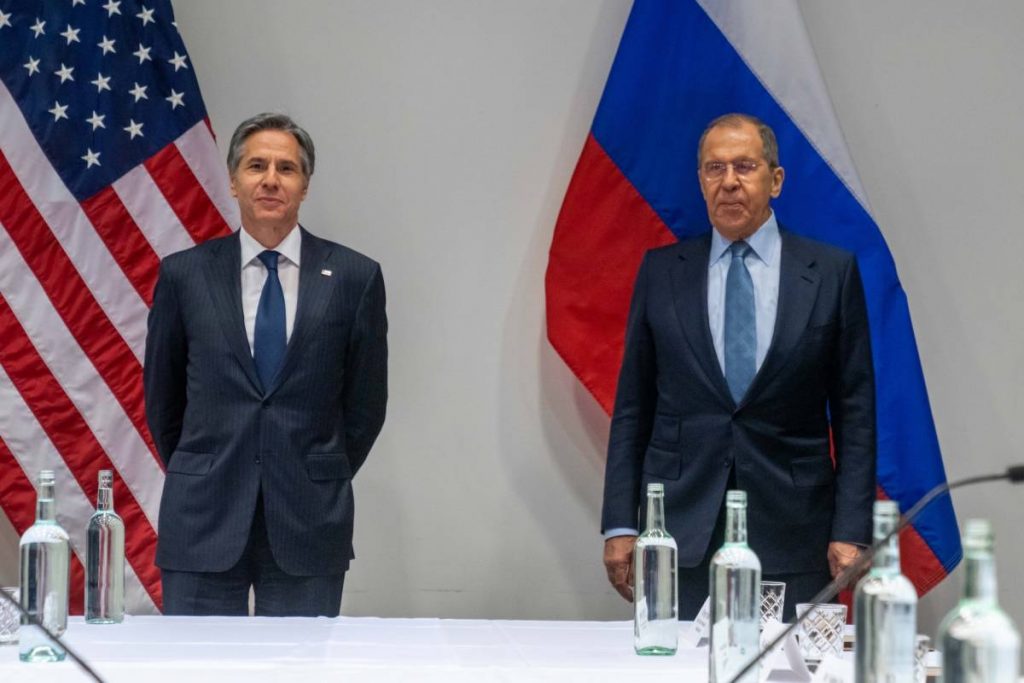
“There is not a meeting with the President locked in yet. Obviously, the President, our President invited him to participate in that meeting because he thinks it would be a good step forward in the relationship to de-escalate, to ensure we have a more stable relationship moving forward, but there is no meeting to confirm at this point in time,” she said.
Last month, Biden held a phone call with Putin, where he had voiced his concerns over the sudden Russian military build-up in occupied Crimea and on Ukraine’s borders, and called on Russia to de-escalate tensions.
He had reaffirmed his goal of building a stable and predictable relationship with Russia consistent with US interests and proposed a summit meeting in a third country in the coming months to discuss the full range of issues between the United States and Russia.
The conversation came in the backdrop of Washington imposing sanctions on 32 Russian entities and individuals for their alleged interference in the 2020 US presidential election and the purported hacking of US software supply chain networks.
Meanwhile, Russia has continued to refute all accusations of its engagement in US elections meddling and cyberattacks. (with inputs from ANI)
ALSO READ: Biden pitches mammoth $6 trillion budget

